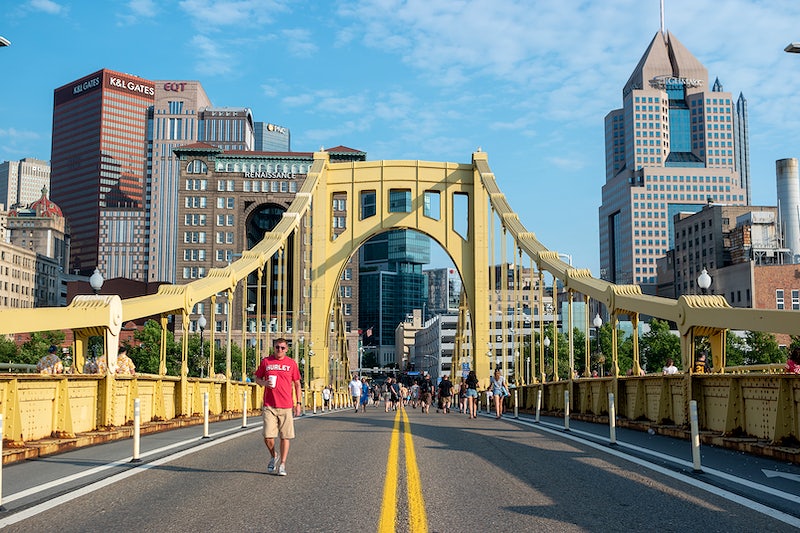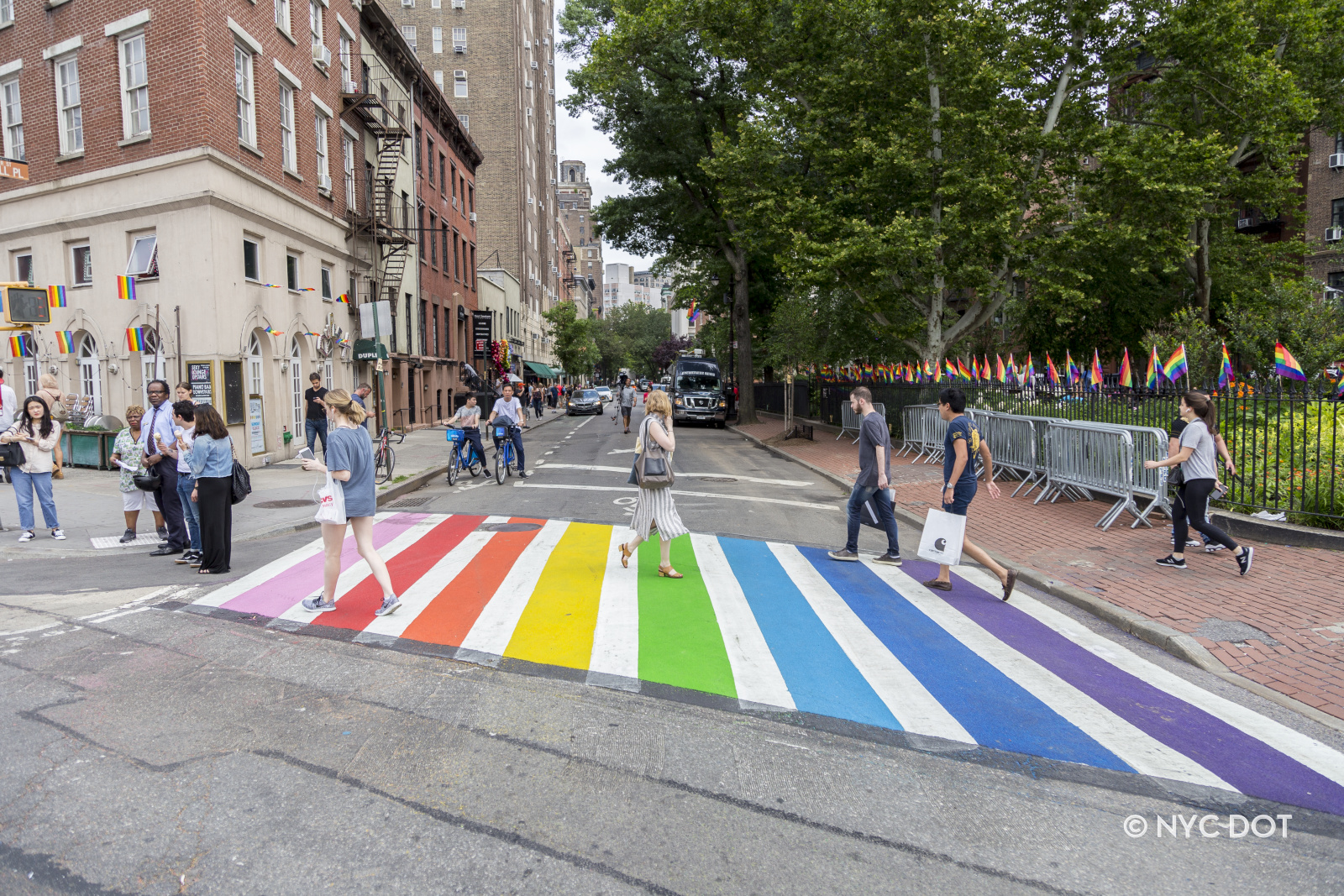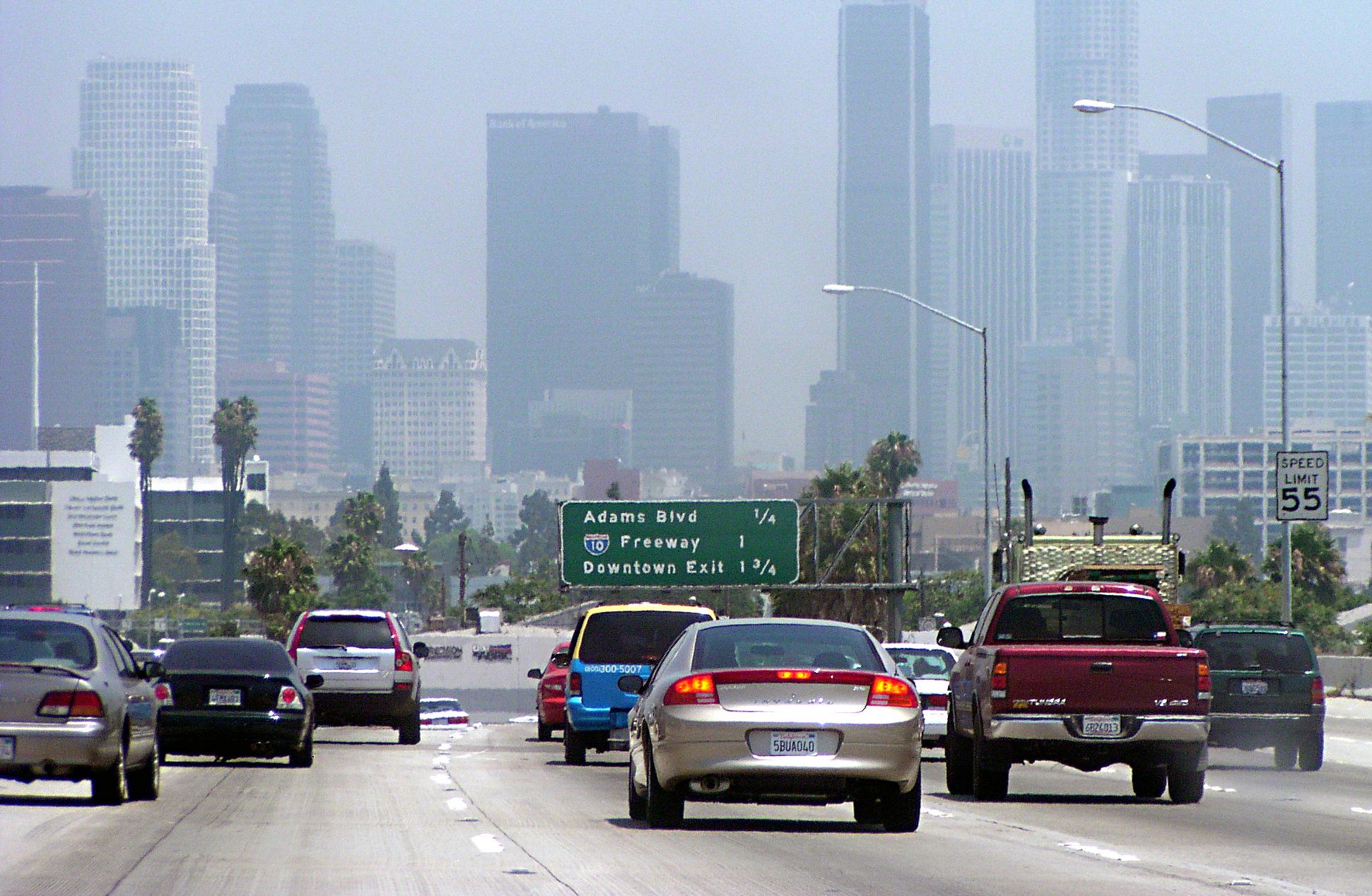An innovative new pilot will give Pittsburgh residents free rides on all the shared transportation networks their city has to offer — and, possibly for the first time in the history of "universal basic mobility" pilots, they'll be able to access nearly all of them on a single, simple platform.
Earlier this month, the City of Bridges announced that it would partner with Pittsburgh Regional Transit, POGOH bikeshare, and scooter company Spin to provide 50 low-income residents with a full year of nearly unlimited free rides across all those modes, as well as monthly credits form car-sharing outfit Zipcar. The entire program is being funded with just $250,000 in grants from the Richard Mellon foundation and Spin itself.
The concept, known in transportation circles as "Universal Basic Mobility" (UBM), isn't new, and cities like Bakersfield and Oakland, Calif. have already launched similar pilots. Spin points out, though, that the Pennsylvania program may be the first of its kind to allow participants to use nearly all those services from a single app, thanks to the city's first-in-the-nation "Mobility as a Service" initiative, which was announced last year.
The company hopes that simple shift will make it easier for users to compare the time and energy it would take to use a car — and make it clear when active transportation, like a scooter, might be a better choice. All participants in the pilot must agree to make their travel data available to Carnegie Mellon researchers, as will a randomly-selected control group of 50 Pittsburghers who will be paid for their time, but won't get the all-inclusive mobility package.
"We wanted to show how micromobility was an integral part of the urban transportation ecosystem," said Kyle Rowe, senior vice president for partnerships and policy at Spin. "We believe it can help lift folks up who have fewer access to resources, even for those who might have thought a personal car was the only way."
To help prove it, all the participants in the pilot will face narrow income and demographic requirements — which is also why Pittsburgh is calling its initiative a "guaranteed" basic mobility pilot rather than a "universal" one. All will be residents of the historically Black Manchester and Chateau neighborhoods, which have median area incomes 14 percent below the city as a whole; they'll also need to demonstrate that they're receiving some form of government assistance, are actively looking for a new job, and don't have reliable access to a personal car right now.
Rowe won't speculate on how those constraints might effect the outcome of the pilot, but the geographic restrictions alone will almost certainly have an impact. Both Manchester and Chateau have significantly fewer transit connections than Pittsburgh's core business district, and neither has a dedicated bikeshare dock or a Zipcar station within its borders, though there are a handful nearby. Even Spin, whose dockless scooters can be left in any legal parking space, may face challenges attracting riders thanks the paucity of protected bike lanes and the highway running directly between the two neighborhoods – and that's to say nothing of all the places to which the participants might want to travel.

Still, Rowe emphasizes that even if all the pilot proves is that poor Pittsburghers can't move as freely as their richer counterparts, that's valuable data for the city to have.
"One thing that I find that can be very problematic in transportation policy idealism — and I’m certainly guilty of this myself — is that we tend to ask, 'Why aren’t you using transit more? Why aren’t you riding your bike more?'" he added. "When the answer, often, is something the policymakers can't easily understand because they don’t live in those communities, and they need to ask more questions."
By almost completely leveling the playing field when it comes to cost, Rowe posits that the city can learn a lot about what modes residents naturally gravitate towards, and where they need to do more work to encourage mode shift. Pittsburgh set an explicit goal to reduce vehicle miles traveled by 50 percent below 2013 levels, but Rowe says the new pilot deliberately won't do much to nudge participants towards green modes — at least until the next round, which the city hopes to undertake once the research comes back on how the effort impacted their health, household finances, and social lives.
"The best solution is to give people lots of options, we can learn from what they do – [and then we can say,] 'maybe we need to shift our pricing, maybe we need to change our infrastructure,'" Rowe said. "We can’t presume what anyone's transportation challenges are... It’s really important to see what the trends are, and then adjust from there."






